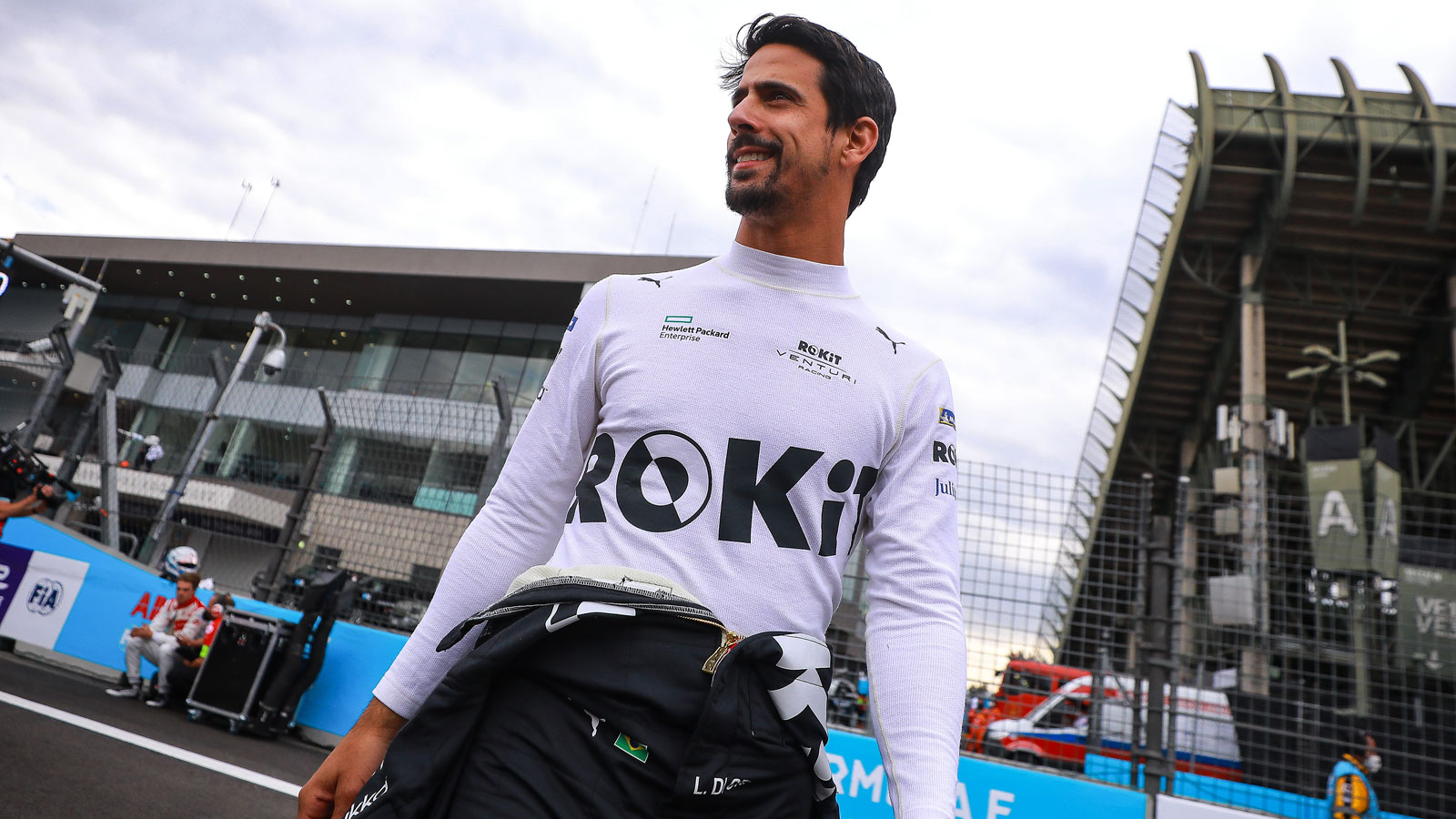Lucas Di Grassi: Formula E Gets 'A Lot Of Hate From The Motorsports Community'
"They don’t want to understand or they don’t want to accept that the world is changing," Di Grassi tells Jalopnik as the series approaches its 100th race.
If there's one motorsport series that irks certain gearheads, it's Formula E. Since its first race in 2014, the series has been bombarded with ridicule about its cars, its competitiveness and its city-center circuits. Now, as Formula E approaches its 100th event, season three champion Lucas Di Grassi has had enough of your moaning.
Rokit Venturi driver Di Grassi is one of just two drivers to have entered every Formula E race since the very first event in Beijing in September 2014. Alongside Jaguar driver Sam Bird, the two have contested 98 E Prixes and Di Grassi will race in the sport's 100th event in Seoul, Korea, this weekend.
Ahead of the milestone race, Di Grassi spoke with Jalopnik about the backlash the sport, its teams and its drivers have received from some in the motorsport community.
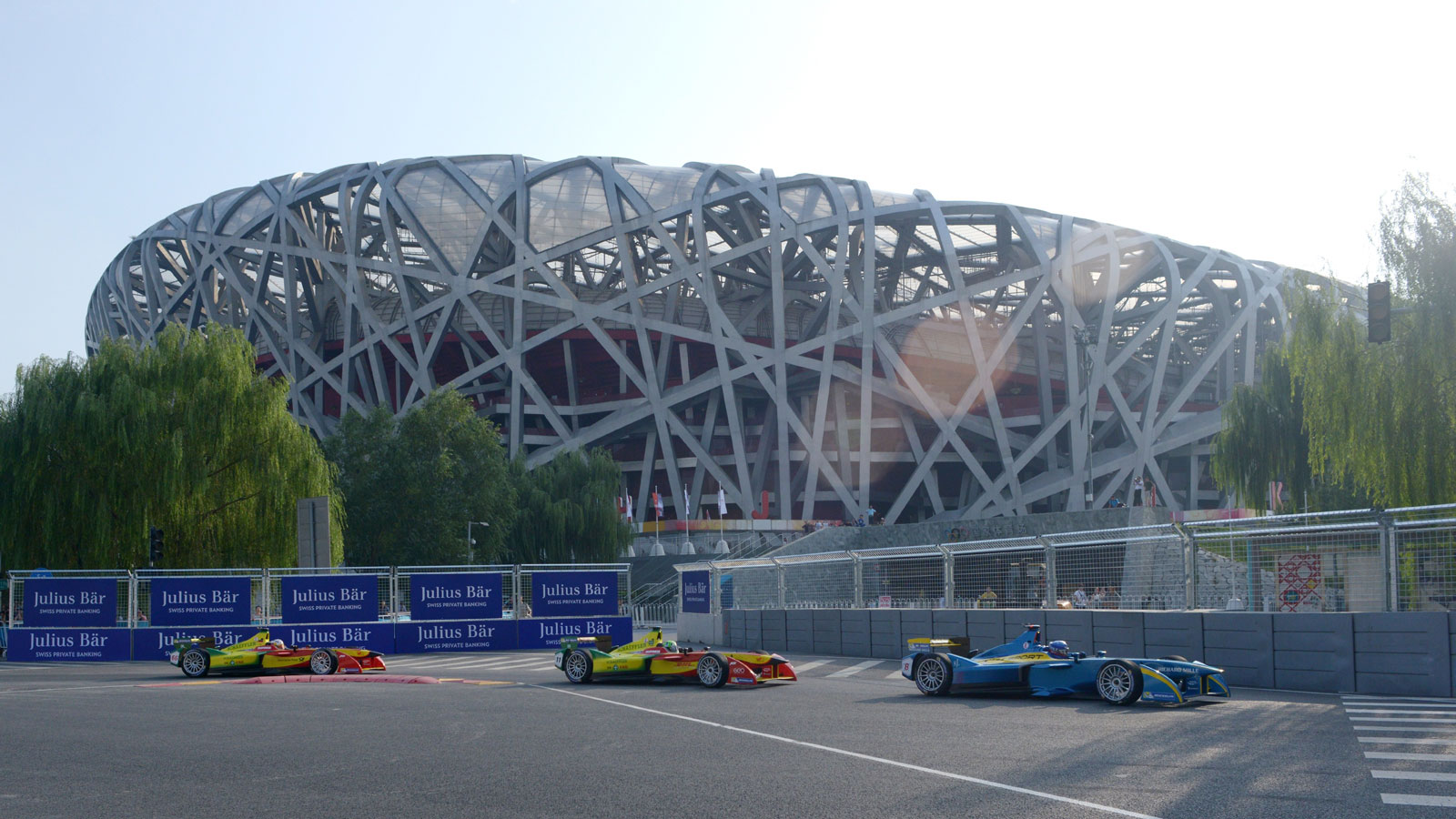
"Some people really hate the idea of electric cars," Di Grassi told Jalopnik. "So every time I comment on something I get bombarded by these haters of electrics saying 'what do you know, you drive electric cars'."
The Brazilian racer, who has won more than 10 percent of Formula E's events, says that despite sharing some fans with other series, the sport has always had those who doubt its credibility.
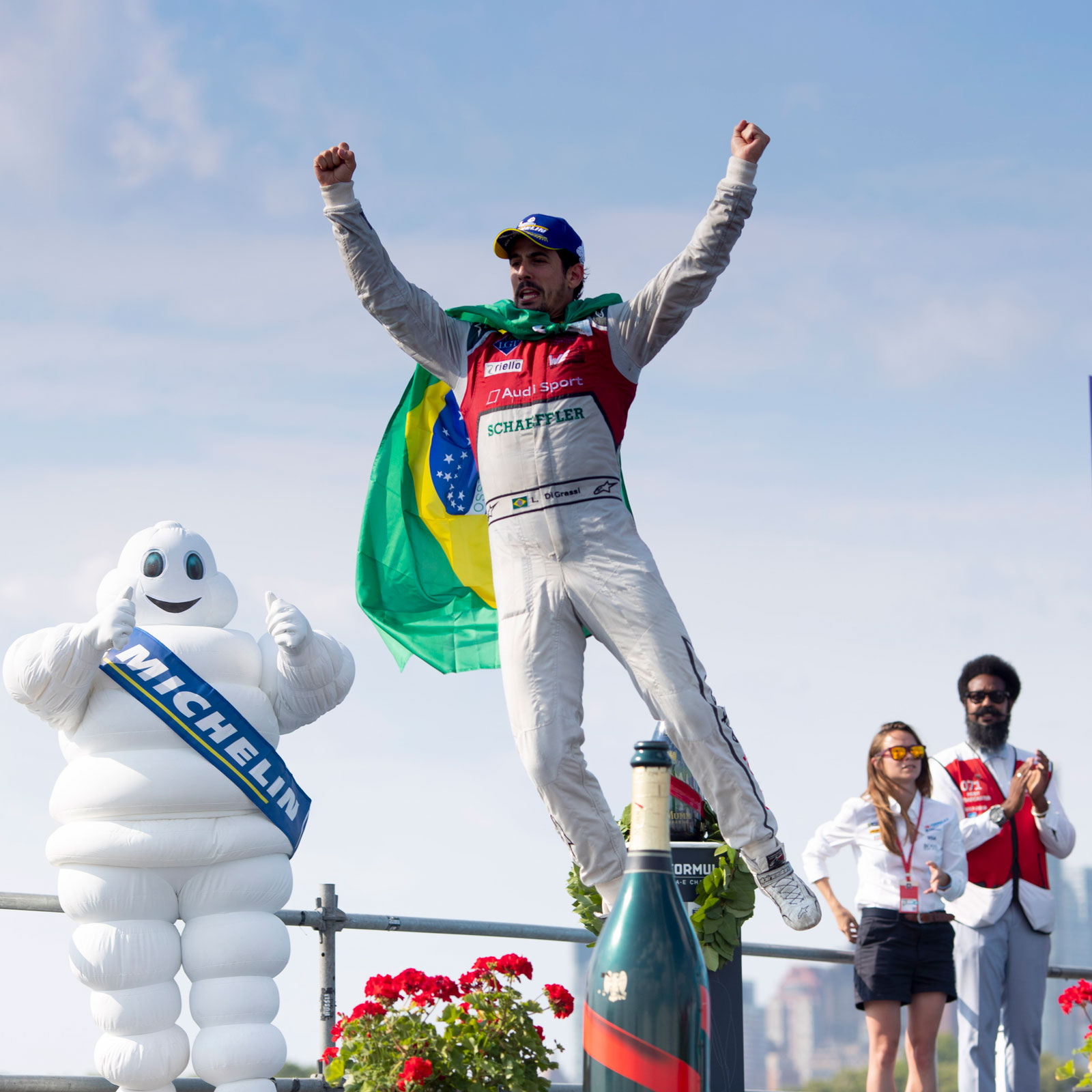
He says: "There is a lot of hate from the motorsport community because they don't want to understand or they don't want to accept that the world is changing. We have to go towards more efficient ways of moving us around."
Whether this is via electricity, carbon-negative fuels or even hydrogen power, there are very few experts who would argue against motorsport needing to clean up its act. And Formula E has done a pretty good job of this while showcasing what EVs can really do when they're driven in anger.
That has proven a popular platform for manufacturers as well. Next year, the sport will welcome McLaren and Maserati to the grid, with the Italian company peering over the precipice of electrification and preparing to launch its first EV.
"The problem that Formula 1 has is that we all know that we need to go electric," explains Di Grassi. "If you want to stay relevant you need to go electric."
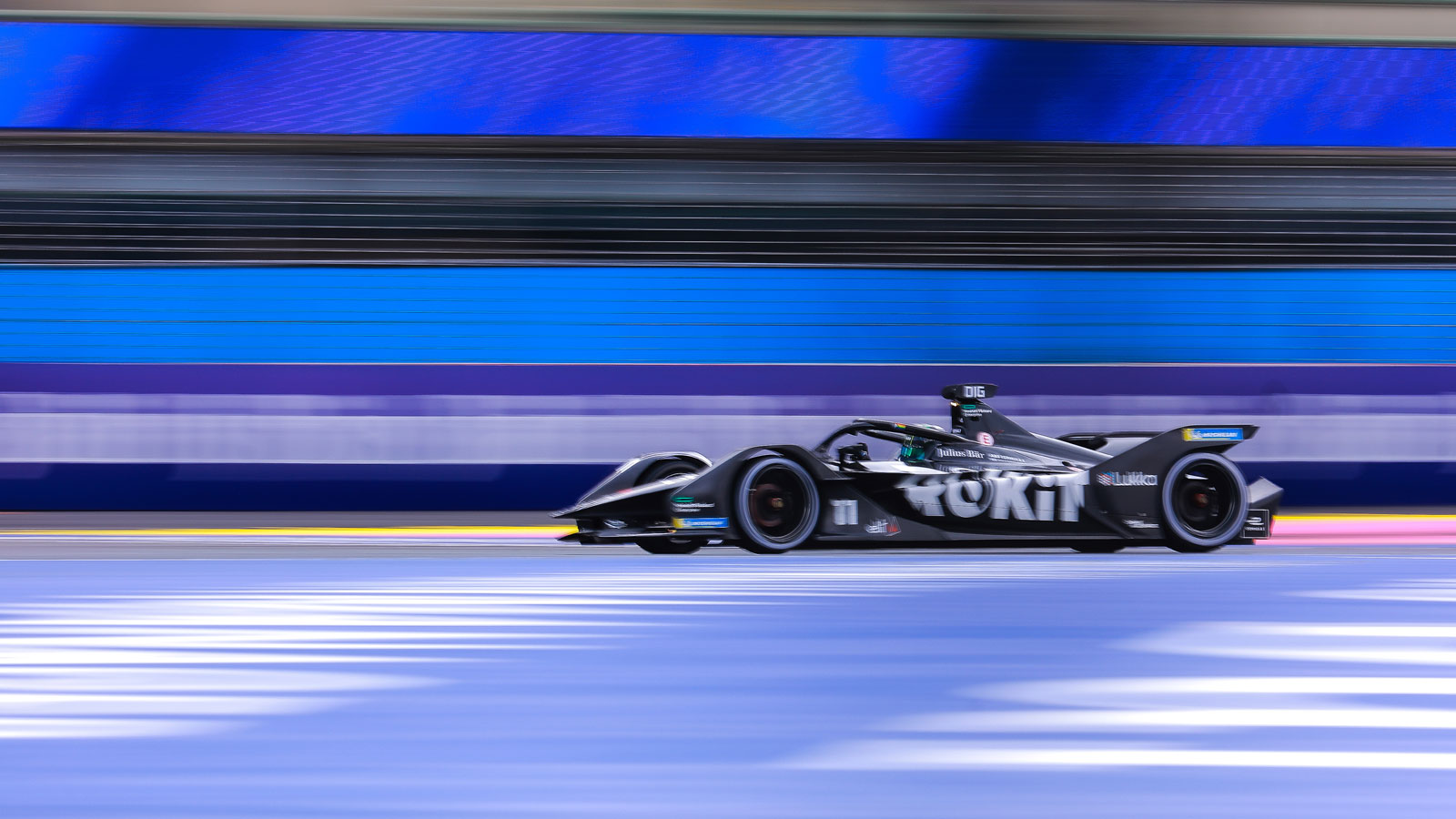
But staying relevant isn't enough to grow a world class racing series. And, Di Grassi says, Formula E needs to do more if it wants to blossom into a top-tier motorsport.
"Formula E found a good niche, but how do you expand that niche into a mainstream sport?" he asks. "In my opinion that cannot be only through sustainability.
"You need to have a very exciting racing car, you need to have very exciting drivers, you need to have a very exciting drama, like Netflix helped so much with Formula 1, and you need a very exciting event. So you need all these different factors to make sure that Formula E continues to grow to become a tier one sport."
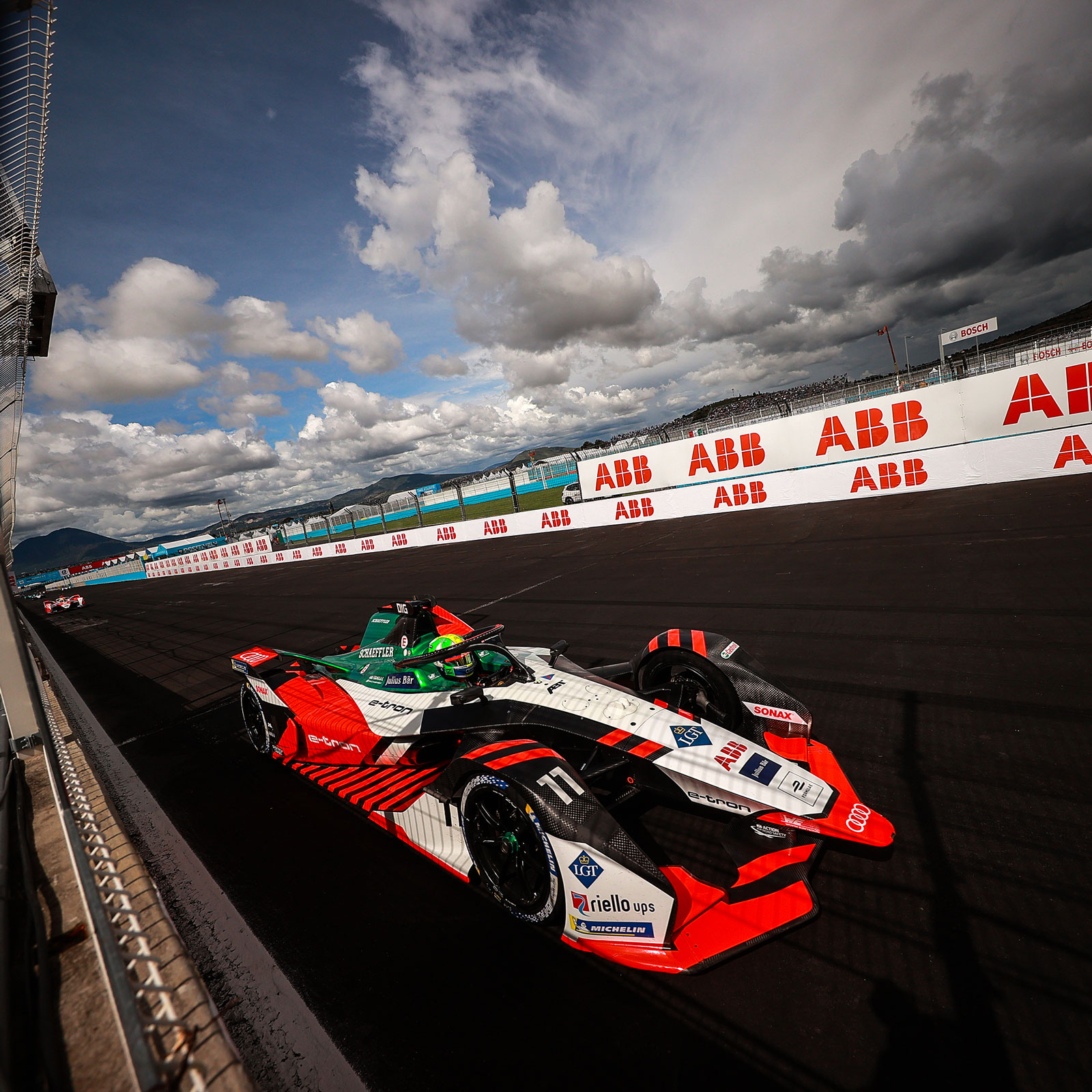
Thankfully, Formula E looks to be tackling these requirements head-on.
Next year, the series will launch its Gen 3 car, which promises speeds of 200 mph and closer racing thanks to its much smaller dimensions.
The sport will also add new races in South Africa, Brazil and India, which should help draw in new fans around the world.
"There are people that started watching motorsport because of Formula E, especially kids, especially the younger generation," says Di Grassi. "That is very surprising and it makes Formula E look good because with the younger generation, you know you are going to have fans for many years to come.
"I think this is a positive thing for Formula E," Di Grassi said.
